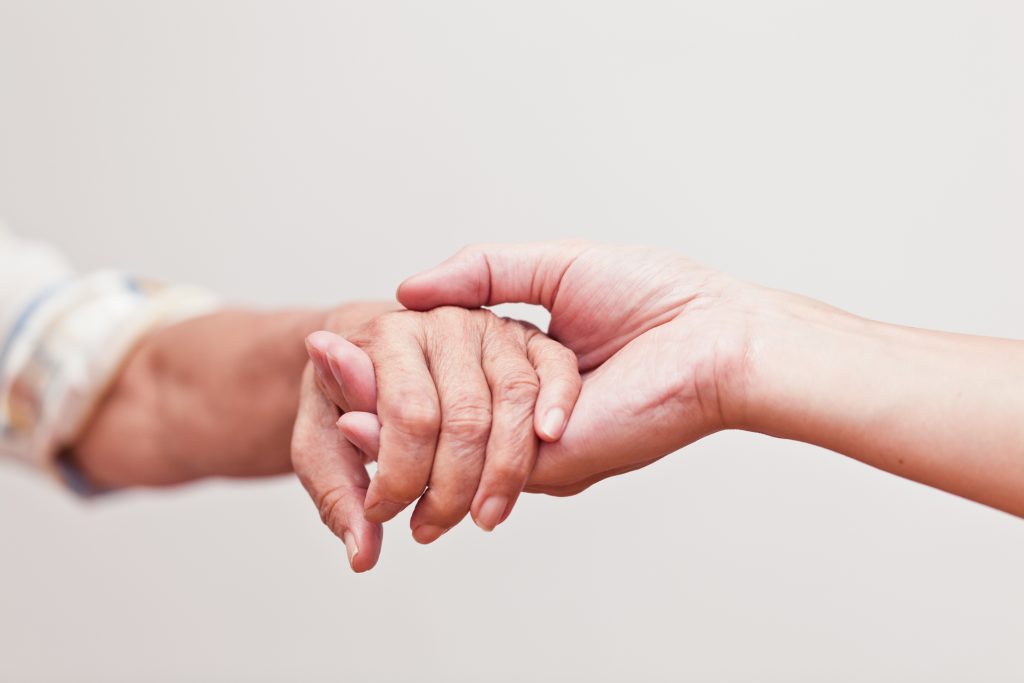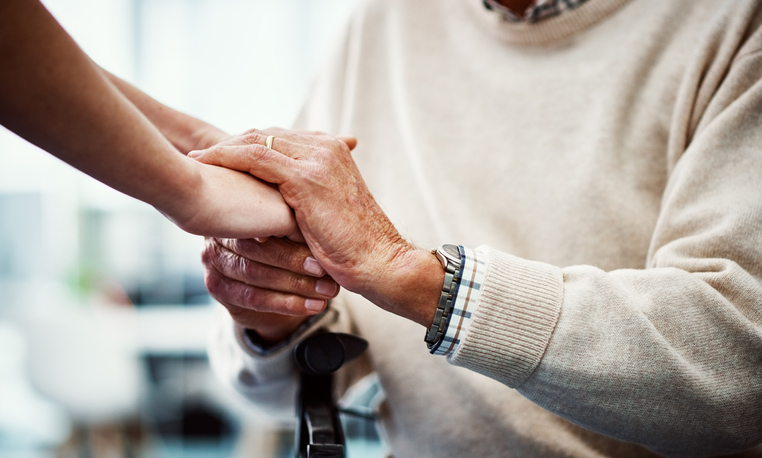Carers may be required to carry out a range of different healthcare tasks, depending on the needs of the person they are providing care for. Therefore all healthcare tasks are included as standard in our policies as we understand the importance of needing to be covered for every eventuality.
If you are looking for insurance as a direct payments user hiring a carer or personal assistant, or are a self-employed carer, it’s essential that you ensure all the tasks that will be required day-to-day are covered by your policy.
In this guide, we’ll be covering common healthcare tasks that are covered within our insurance policies, plus other duties and responsibilities that carers are often responsible for.
What Are the Duties and Responsibilities of a Carer?
Medical Tasks for Carers
For many carers, part of their daily responsibilities may involve certain medical procedures and tasks for their patients.
While the tasks that you are qualified/required to carry out as a part of your role may vary, one thing that is crucial to clarify either with your employer or for yourself (if you’re a self-employed carer) is if your insurance covers the healthcare tasks you are carrying out.
It’s important to note that many carer insurance providers require you to add individual healthcare tasks to your policy for an additional premium – Surewise, however, covers a huge range of healthcare tasks within all of our policies as standard. Read more about our carers insurance and what it covers.
Medical Procedures That Carers May Be Responsible for Can Include:
- Administration of buccal midazolam: Midazolam is within a group of medicines called benzodiazepines used to treat seizures and a number of other conditions.
- Administration of drugs: Drugs may be administered by carers in a number of forms – this guide from the CQC is a useful explainer.
- Administration of enemas: An enema is a liquid administered via the rectal route to administer medication.
- Administration of medication by nebuliser: A nebuliser is a machine that assists in breathing in medication via a mask or mouthpiece.
- Administration of oxygen: This typically involves breathing additional oxygen from a cylinder or a machine, and is often administered by carers for people who have conditions causing lower oxygen levels in their blood.
- Colostomy care: This may involve assisting your patients with changing and replacing their colostomy bag on a regular basis, administering medication, etc.
- Administration of rectal diazepam: This medication is used to prevent cluster seizures – you should consult with your patient and their physician before administering this medication.
- Administration of compression garments: Compression garments are used for the treatment of ulcers, thrombosis, varicose veins, and more.
- Bowel and catheter care: Catheters may be required for a number of scenarios, from urinary incontinence to recovering from surgery. Guidance for catheter care is provided for unpaid carers as well as trained professionals.
- Bipap and cough assist machine
- Changing dressing: Dressings may need to be changed to keep wounds sanitary and free from infection.
- Chest/limb physiotherapy: A patient with these needs may have be under direct physiotherapy care, but you may be required to assist them with regular physio exercises.
- Epilepsy management: This may include administering anti-epileptic drugs, dietary control, and assisting with the treatment of side effects.
- Gastrostomy feeding and care: This will often include care for the tube and the skin/stoma around it to keep it infection-free and clean.
- Infusion pumps: This is a medical device used to administer medication to patients. You may need additional training or qualifications in order to carry out this healthcare task.
- Insulin injections: Insulin injections are most commonly used to treat diabetes if the body cannot make sufficient insulin independently.
- Management of asthma attacks: This can include administering an inhaler, and oxygen, and reducing common triggers for your patients.
- Monitoring vitals including blood sugars
- Naso-gastric feeding and care: This may include cleaning your patient’s mouth, cleaning where the NG tube goes, changing tape, etc.
- Oral suction/Nasopharyngeal suction: This involves the removal of secretions from the upper airways when patients are unable to do this themselves.
- Allergic reactions and auto-injector use
- Urostomy care: An urostomy is a type of surgery where the bladder is removed, so urine then comes out through a stoma (small hole) on your abdomen.
- Ventilator care: This guide provides a helpful overview of what ventilator care may entail.
All of our cover levels include these medical procedures within your direct payments insurance policy as standard.
Self-Employed Carers
Self-employed carers are responsible for ensuring you have your own insurance to cover you against the risks that come with being a carer. Provided you have the correct qualifications and training, all healthcare tasks are covered within our insurance policies for self-employed carers.
Are There Any Medication Tasks a Carer Is Not Allowed to Do?
There may be some tasks that only someone with specific training can carry out – which includes many of the medical tasks mentioned above. However, you’ll need to carry out the checks on what qualifications and training you need depending on the tasks that are required of you. Tasks you may need additional training for can include:
- Moving and lifting
- Administering medication
- First aid
- Emergency procedures and safety training
What Medical Training Do Carers Need?
The CQC is the independent regulator of health and social care in England and provides guidance to ensure that anyone working within this industry complies with regulations. This can include requirements that workers have to meet in terms of training, qualifications, and supervision.
Read more about the guidance from the CQC and what additional training you may need as a carer administering medical tasks.
Do Carers Need Insurance for Healthcare Tasks?
If you are employing a carer or personal assistant via the direct payments scheme in the UK, you are legally required to have employer liability insurance to protect you and your employee.
Our direct payments insurance covers a wide range of healthcare tasks against potential risks such as a claim against you or your employee in the event of an injury to you, your employee, or a third party.
Administrative Tasks for Carers
Another common carer’s daily task is general administration and paperwork. You’ll need to be adept at filling out your patient’s notes accurately (for example, medication administered and when, health status, and any other information other carers will need to be aware of).
Equipment Maintenance
You may also be required to carry out regular maintenance on the equipment you use as a carer. For example, ensuring that medical equipment is cleaned and disinfected correctly, proper storage of items, and noting when something needs replacing.
In many cases, you may have a team that is responsible for this specific task (such as a maintenance technician or a fully qualified nurse), but this may also fall to carers as well. Using well-maintained equipment is essential to help prevent accidents (and thus, any claims made against you as a carer). Read more about equipment safety in this guide from HSE.
Social Care
Another item on the list of tasks a carer does is general social care – that can mean keeping your patient company and simply having a conversation with them, taking them shopping and doing other daily tasks, helping them to book appointments, etc.
Essentially, many carers will help a person they care for lead as independent a life as possible, filling in for tasks here and there.








